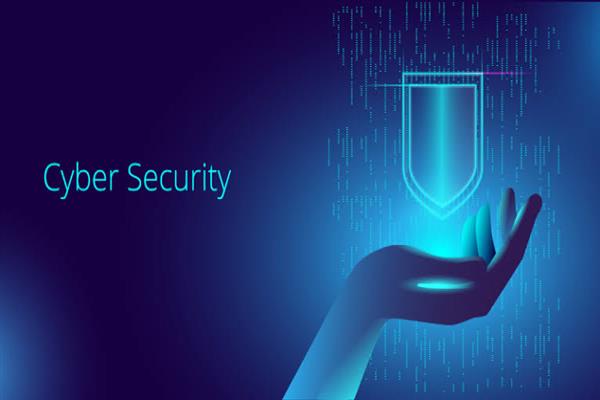Cybersecurity refers to the practice of protecting computer systems, networks, and data from unauthorized access, damage, theft, or disruption. In today's interconnected world, where digital technologies are integral to our personal lives, businesses, and critical infrastructure, cybersecurity has become increasingly crucial. Here's why cybersecurity is of paramount importance:

1. Protection of Sensitive Information: With the proliferation of digital data, protecting sensitive information has become a top priority. Cybersecurity safeguards personal data, financial information, intellectual property, trade secrets, and other confidential data from unauthorized access, ensuring privacy and preventing identity theft, fraud, and data breaches.
2. Prevention of Financial Losses: Cyberattacks can have severe financial consequences for individuals, businesses, and governments. Cybercriminals target financial institutions, e-commerce platforms, and individuals' bank accounts, aiming to steal money, conduct fraudulent activities, or extort ransom. Robust cybersecurity measures minimize the risk of financial losses and protect the economy as a whole.
3. Safeguarding National Security: In an era where nations rely heavily on digital infrastructure, cybersecurity is crucial for national security. Cyberattacks can target critical infrastructure, government networks, defense systems, and sensitive information, potentially disrupting essential services, compromising national defense, or causing chaos. Strong cybersecurity measures are necessary to safeguard national interests and protect against cyber threats from state-sponsored actors or terrorist organizations.
4. Preserving Business Continuity: Businesses heavily rely on digital systems and networks for their operations, making them vulnerable to cyber threats. Cyberattacks, such as ransomware or distributed denial-of-service (DDoS) attacks, can disrupt business operations, cause downtime, result in financial losses, damage reputation, and impact customer trust. Cybersecurity measures help maintain business continuity, protect valuable assets, and ensure smooth operations.
5. Maintaining Trust and Reputation: In today's digital landscape, trust and reputation are paramount. A single data breach or cyber incident can tarnish an organization's reputation, leading to loss of customer trust and loyalty. Implementing robust cybersecurity measures demonstrates a commitment to protecting customer data and maintaining a secure environment, which enhances trust and strengthens the organization's reputation.
6. Defense Against Emerging Threats: Cyber threats constantly evolve, with new attack vectors, techniques, and vulnerabilities emerging regularly. Cybersecurity professionals work diligently to stay ahead of these threats, developing advanced tools, technologies, and practices to detect, prevent, and respond to cyberattacks effectively. Cybersecurity ensures that organizations are prepared to defend against both known and emerging threats.
7. Protection of Individuals and Society: Cybersecurity is vital for protecting individuals' digital lives and well-being. It ensures the security of personal devices, such as computers, smartphones, and IoT devices, guarding against malware, phishing, and other cyber threats that can compromise personal information or infringe upon privacy. By safeguarding individuals, cybersecurity contributes to the overall safety and security of society.
8. Compliance with Regulations and Legal Obligations: Governments and regulatory bodies have recognized the importance of cybersecurity and enacted laws and regulations to protect individuals and organizations. Compliance with these regulations, such as the General Data Protection Regulation (GDPR) in the European Union or the Health Insurance Portability and Accountability Act (HIPAA) in the United States, is crucial for avoiding legal consequences, penalties, and reputational damage.
In conclusion, cybersecurity is essential in today's world due to the increasing reliance on digital technologies and the rising threat landscape. It protects sensitive information, prevents financial losses, preserves national security, ensures business continuity, maintains trust and reputation, defends against emerging threats, safeguards individuals, and ensures compliance with regulations. As technology continues to advance, cybersecurity will remain a critical aspect of our digital lives, requiring ongoing vigilance and investment to mitigate cyber risks and ensure a secure and resilient digital ecosystem.